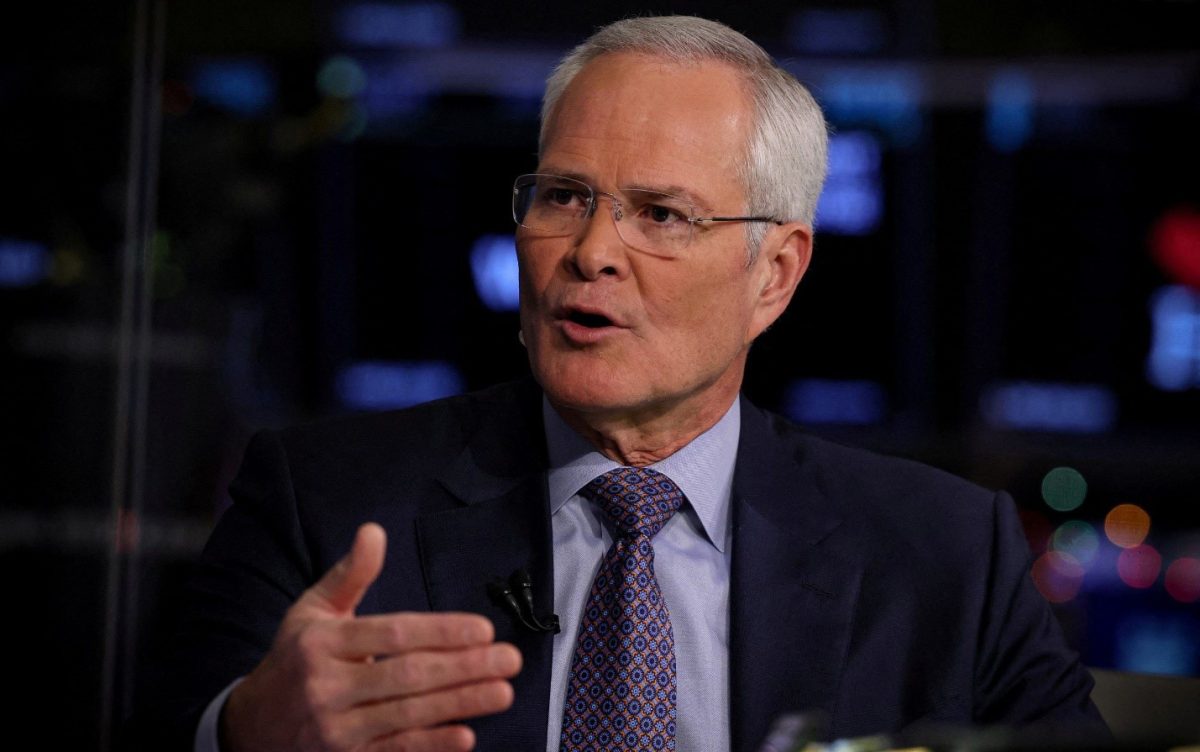(Reuters) – Exxon Mobil investors yesterday voted to re-elect Chairman Darren Woods and Lead Director Joseph Hooley by wide margins despite activist shareholder opposition.
The two had faced a “vote no” campaign by shareholder rights activists over the top U.S. oil company’s lawsuit against climate-focused investors who had filed, then withdrawn, a measure for the meeting.
The campaign amounted to a test of whether top fund firms would rally to defend the small shareholders whose resolutions have put topics like the environment and workforce diversity at the center of many corporate annual meetings.
Yesterday’s results suggested the answer was no. Exxon said its 12 director nominees were all easily re-elected with between 87% to 98% support and average support of 95%, just below last year’s 96% average.
The outcome “signals a belief that we are on the right track by overwhelmingly re-electing our directors,” Exxon said in a statement after the results were announced.
Independent corporate governance consultant Francis Byrd said top asset management firms who have the largest batches of Exxon shares did not seem to see any threat posed by Exxon’s suit as strong enough to justify critical votes.
He contrasted their stance with officials from the California Public Employees’ Retirement System, which voted against all Exxon’s nominees and whose CEO said Exxon’s suit “threatens to silence shareholders everywhere.”
Top funds “may have felt it was not as important, not as hair-on-fire as CalPERS did,” Byrd said in an interview. “Maybe they’re thinking Exxon is going a little overboard but we’ll allow it,” he said.
Douglas Chia, president of consulting firm Soundboard Governance, said the vote results can be seen as a victory for Exxon given the vote-no campaign. “87% support is higher than I expected the lowest vote-getter to receive,” Chia said via-email.
Top Exxon investors BlackRock and Vanguard did not respond to questions. Another, State Street, declined to comment.
Mary Minette, senior director of shareholder advocacy for Mercy Investment Services, one of the socially-responsible firms that began the vote-no campaign, said it at least lowered the range of director support from between 91% to 99% last year.
The change, Minette said, shows “Exxon has some work to do to gain back the trust of its investors after its attacks on the shareholder proposal process.”
The company sued climate activist groups Arjuna Capital and Follow This in January, continuing the case even after the two withdraw their proposal. Exxon said regulators should review the process through which measures appear on corporate ballots.
During yesterday’s online meeting Woods, also CEO, criticized other resolution filers as their own measures came up. “This is yet another example of using a legitimate shareholder process to advance an activist agenda not consistent with growing shareholder value,” Woods said at one point in response to a call for a review of Exxon’s social impact.
He cited Exxon’s own environmental efforts and said that “while wind and solar have an important role to play, they are simply not sufficient.” Heavy industries need carbon capture and storage, biofuels, and hydrogen, he said, all sectors in which Exxon competes.
Other vote results at Exxon also suggested general support for the company’s board from investors. For instance, Exxon said 92% of shares voted favored an advisory measure on its pay, up from 91% last year.
In addition, a measure calling for Exxon to report on plastic production won about 21% support, down from 25% last year. The aforementioned social impact report won backing from 7% of votes cast, down from 17% last year, Exxon said.





